Introduction
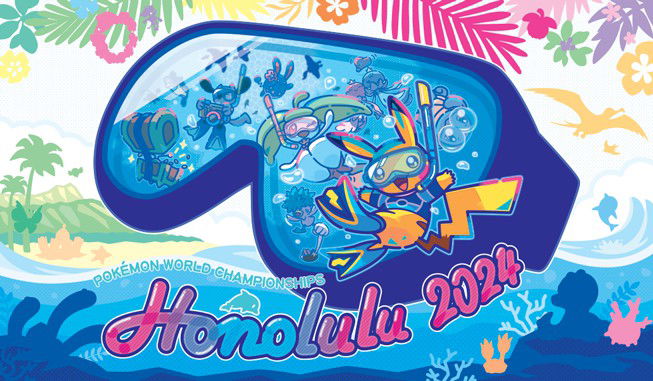
This last weekend was critical for competitive Pokémon TCG players: we watched the best players competing in all three categories in Honolulu, Hawaii to become world champions. There were many surprises at this tournament, and, despite the dominance of Regidrago V-STAR, the meta was quite diverse. Three different decks won each category - Junior, Senior, and Master.
Naturally, as every competitive TCG, the more we use the same cards over and over, the more we create slangs to set apart certain plays, game styles, and Pokémon. Some terms even make it into other languages - for instance, in Brazil, most players refer to "Raging Bolt EX" as "Raio Fúria", a direct translation, and that is its main name.
So, we decided to collect a few competitive Pokémon TCG terms to help you if you're lost and want to understand what your local scene is talking about!
Glossary of the Most Popular Pokémon TCG Terms
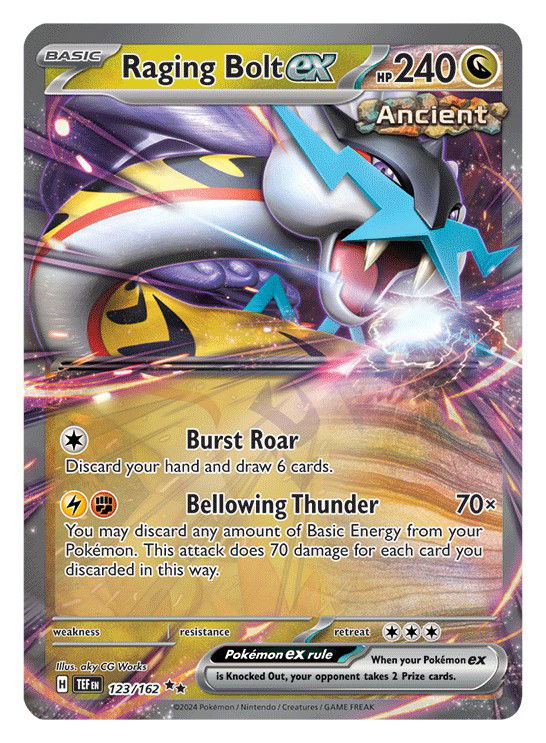
ACE SPEC: The only ACE SPEC card in a certain deck.
Baby Mon: Used to set apart Pokémon that have both "adult" versions, or EX, and basic versions. A classic example is Roaring Moon; most players call its base card "Baby Moon".
BDIF: An acronym for the Best Deck in the Format.
Brick or Bricking: When a player draws a hand that doesn't let them develop their game plan.
DEVO: Refers specifically to TM: Devolution, or when you're using it. This card is popular in counter-attack strategies in decks that play acceleration items to evolve Pokémon more easily, like Rare Candy. Currently, it is more popular against Charizard EX.
DTE: An acronym for Double Turbo Energy.
Donk: This term is not as popular in other countries, but it refers to games in which, on turn 2, the opponent manages to knock out a board that only has one Pokémon in the active position. It usually happens because you can't use supporters on turn 1. So, it refers to ending a match early, on turns 2 or 3.
Swiss format: Scoring system used in TCG tournaments.
Gust: Cards whose effects swap the opponent's active Pokémon with another, like Boss's Orders, and Counter Catcher.
ID: Short term for "Intentional Draw". That is when both players, in a round, decide to end the game with a tie on purpose. Remember, intentional draws are allowed, but you can't negotiate prizes or deals when you do it. You also can't define who wins a round with a die toss, for instance.
Lock: When a player can't make any other moves because of something their opponent did. It can be an Item Lock - so you can't use items - or an Active Lock, so your active Pokémon is locked in the active position and can't retreat.
Main Attacker: The main Pokémon used to knock out enemy Pokémon.
Mill: The act of discarding cards from the top of the deck.
Mirror: A match between two identical decks.
Knock-Out: Term used when you end your turn by using an attack that knocks out an enemy Pokémon.
Pãozinho: Brazilian term for Buddy-Buddy Poffin. Direct translation - Small Bun.
Prize Mapping: A strategy centering around Prize cards, that is, when the player calculates which Pokémon they need to knock out to get 6 Prize cards as early as possible and win the match. An example would be 2-2-2, knocking out 3 Pokémon EX.
Prize Race: Refers to the speed at which players are getting Prize cards. So, if a player has less Prize cards left, they're winning the Prize race.
Pivot: Pokémon that don't cost anything to retreat. That means you can always use them in the active position at the beginning of your turn.
Stall: When a player uses Pokémon that are difficult to knock out to delay the opponent, like Mimikyu.
Staple: This term is used in most TCGs and refers to versatile or strong cards that are popular in many meta decks.
Snipe or Sniping: When you knock out a Pokémon on your opponent's bench.
Setup Turn: When a player uses their entire turn to simply set up a more powerful turn later on.
Spread: Refers to strategies that "spread" damage across the enemy board to knock out multiple Pokémon at once later on. In the current meta, you'll often see Sableye decks using it.
TO: An acronym for Tournament Organizer that refers to anyone who helps set up the tournament and makes sure everything goes swiftly.
Honorable mentions - Nicknames: Only a handful of Pokémon are called by their entire name, so there are a lot of nicknames. Charizard is Zard, Gardevoir is Garde, Professor Turo's Scenario is just Turo, Counter Catcher sometimes is simply Catcher, Iron Thorns is Thorns, and so on and so forth.
Final Words
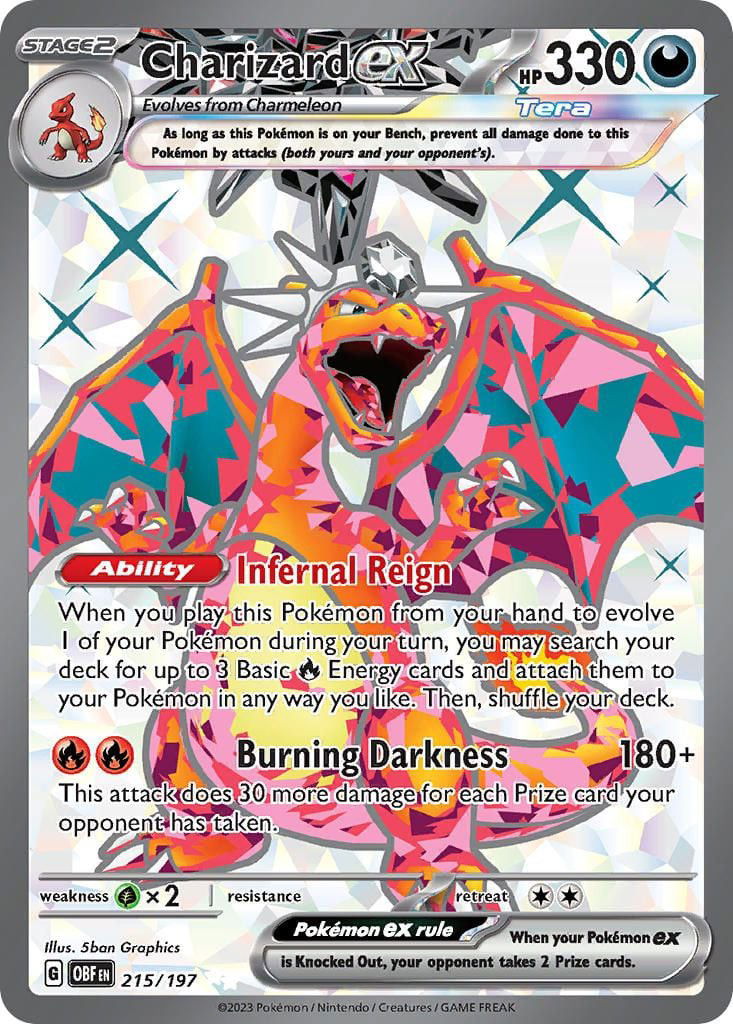
There are so many unique terms in the Pokémon TCG community that I was only able to cover a few of them, but these are essential if you want to know what everyone is saying - either at your local league, or on tournament broadcasts!
Do you use these terms? Do you know any others? Tell us in our comment section below!
Thank you for reading, and see you next time!









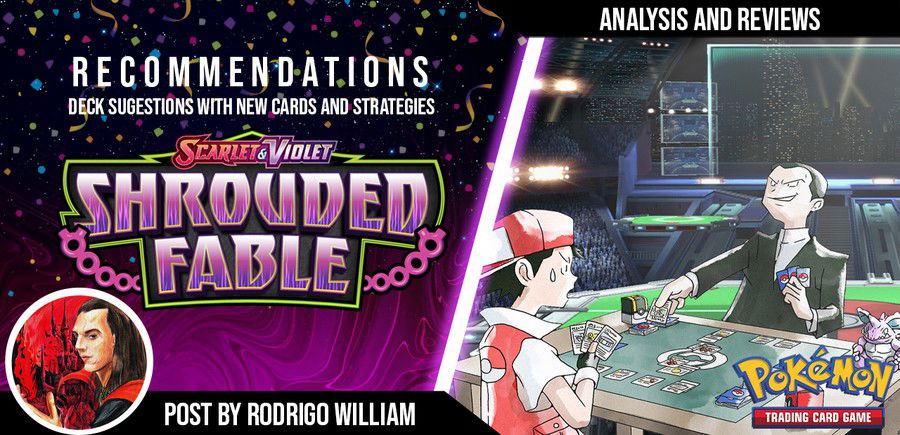
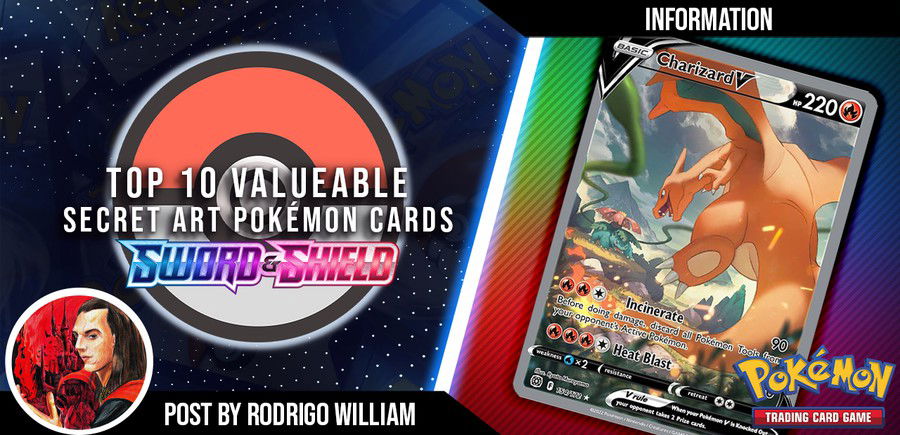



— Comments 0
, Reactions 1
Be the first to comment